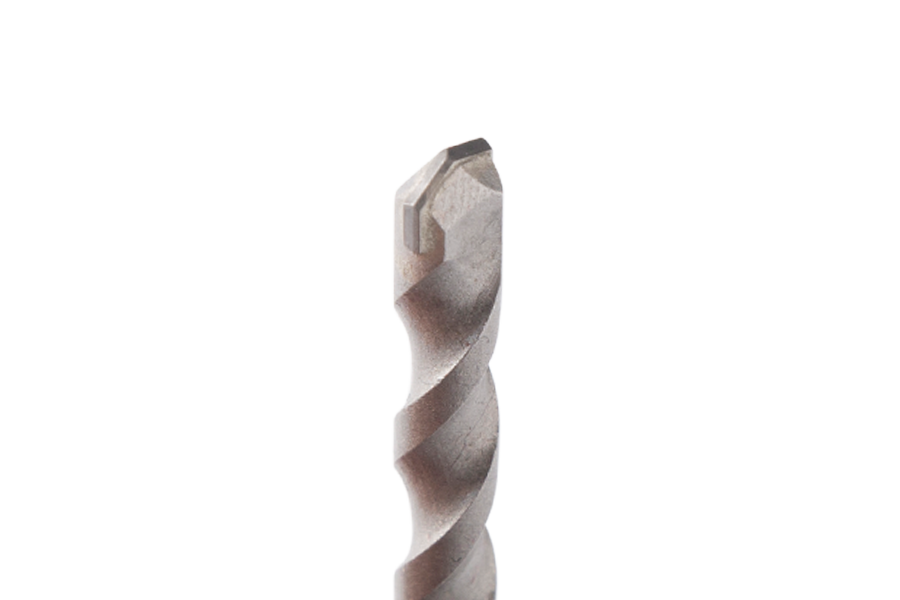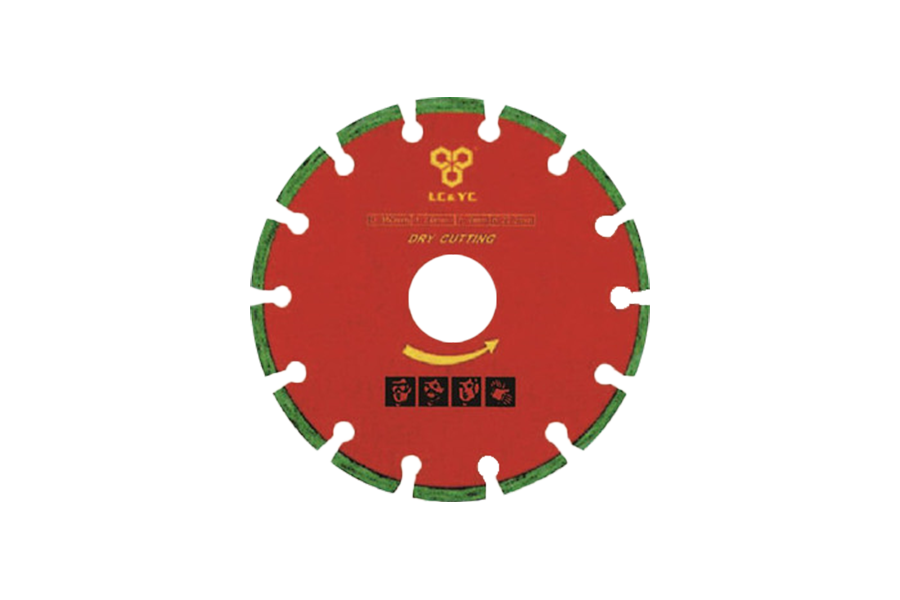When it comes to precision woodworking, router bits are essential tools that define the quality and efficiency of your craft. A router bit, often referred to as a cutting tool, is a vital component that shapes, trims, and carves wood, plastic, and even some soft metals. Whether you're a seasoned carpenter or a hobbyist, choosing the right router bit can significantly affect your project's outcome.
Understanding the Basics of Router Bits
Router bits come in a variety of shapes and sizes, each serving a unique purpose. The most common types include straight bits, flush trim bits, round-over bits, chamfer bits, and rabbeting bits. These bits are available in different materials, with carbide-tipped router bits being the most popular due to their durability and precision.
Carbide router bits are especially favored in professional woodworking because they retain their sharp edge longer than steel bits, ensuring clean and accurate cuts. Whether you're making decorative edges, mortises, or grooves, having the right wood router tool in your kit is crucial.

Factors to Consider When Choosing a Router Bit
Material of the Bit: Carbide-tipped and solid carbide bits offer higher longevity and better performance than high-speed steel (HSS) bits.
Shank Size: Router bits typically come with 1/4-inch or 1/2-inch shanks. The 1/2-inch shank offers more stability and reduced vibration.
Project Requirements: For decorative work, round-over and ogee bits are ideal. For joinery, straight and dovetail bits are preferred.
Tool Compatibility: Always match your router bit to your router's specifications and capabilities.
Maintenance Tips for Router Bits
To extend the life of your woodworking router bits, clean them regularly using a bit and blade cleaner. Store them properly to avoid damaging the sharp cutting edges. Dull bits not only result in poor workmanship but also strain your router motor.


 English
English
 中文简体
中文简体
 Español
Español
 عربى
عربى












